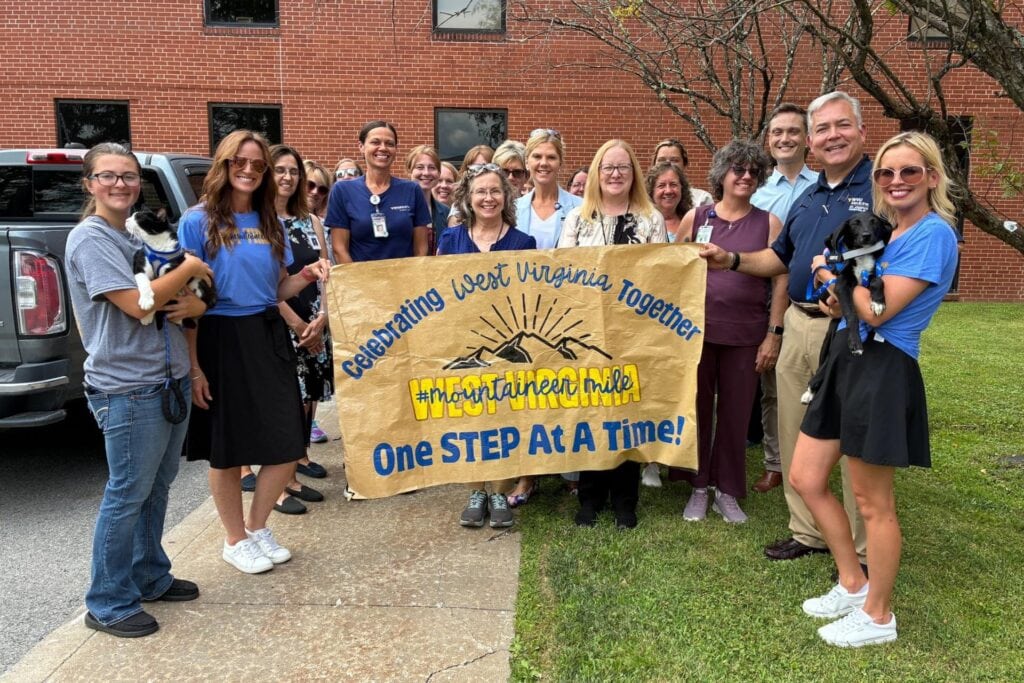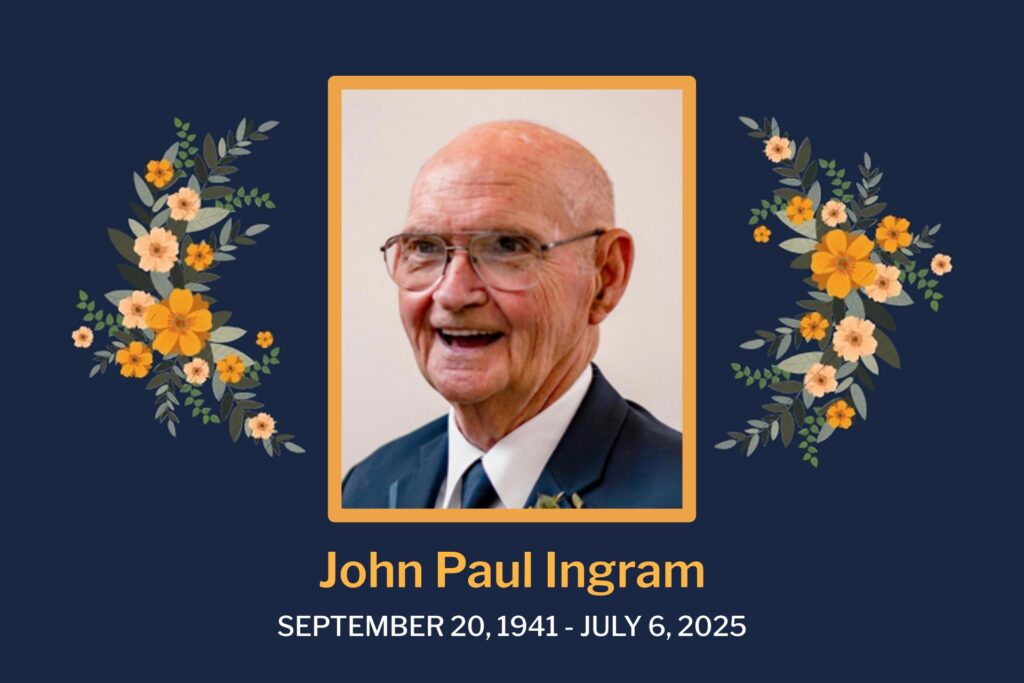BUCKHANNON – The City of Buckhannon is pressing the gas pedal on an ordinance that would provide for the use of a vehicle immobilization device and towing in cases of drivers who chronically violate parking regulations.
Buckhannon City Council, at its Dec. 15 meeting, approved on first reading Ordinance 462. The ordinance provides for the use of a parking boot – i.e., vehicle immobilization devices – and towing as enforcement mechanisms for existing parking ordinances.
The ordinance authorizes “the mayor or his or her designee, including any authorized member of the Buckhannon Police Department, [to] enforce the provisions of the [city’s parking ordinances, 409, 422, 435, 447, 454] through the towing of the offending vehicle, including through the use of third-party towing services, or through other means including the use of vehicle immobilization devices (such as parking boots).”
City attorney Tom O’Neill said the language and content in the ordinance hadn’t changed since council first perused a draft copy at its Dec. 1 meeting.
“In summary, this is the ordinance that the council had before it at its prior meeting in draft form,” O’Neill said. “Since that time, nobody has reached out to suggest any alterations or modifications, so this ordinance is in the same form and posture as before as that council had before it two weeks ago.”
City councilman CJ Rylands asked about the intent of the new ordinance, which relies on Chapter 8, Article 12, Section 5 of the West Virginia Code. That part of the state code asserts that “municipalities are granted plenary power and authority to regulate streets, avenues, roads, ways, sidewalks, crosswalks and public spaces belonging to the municipality and to regulate the conditions under which they may be [regulated] within the corporate limits.”
“What is the motivation for increasing the punitive nature of our parking ordinances?” Rylands wanted to know.
“We had a visit from the municipal judge, and we’ve had a couple of serial violators who have snubbed their noses on paying fines — $1,200 in one case – and that person left the area, so we lost the ability to collect that,” city recorder Randy Sanders replied. “And so, it’s a situation, and that’s when it would be implemented, is when somebody gets ticket after ticket after ticket but refuses to pay.”
O’Neill explained the impetus for the ordinance arose at a late August Consolidated Public Works Board meeting at the recommendation of Municipal Judge Helen Echard. Echard asked board members to consider implementing a new ordinance that would give her the authority to issue more severe penalties to people who chronically fail to pay outstanding parking tickets.
Rylands wanted to know if or how “chronic violator” was defined in the new ordinance.
“Does it say in there specifically what standards or requirements by money or number of violations or something else?” he asked.
“The purpose of the ordinance is to maintain some flexibility for enforcement,” O’Neill responded. “If the council wants Chief Gregory or itself to draft some policies regarding the use of these measures, that would be fine, but I think the philosophy in the drafting was to keep it as straightforward as possible and to [use this tool] in the cases of flagrant and habitual violators who effectively thumbed their nose at the Municipal Court.”
Rylands said that unless certain criteria are expressly outlined, the ordinance could be applied arbitrarily.
“I just think it’s important that we’re specific with what those limits are or what the trigger is,” Rylands said. “I don’t think it should be one level for one person and another level for another person – I think that seems to be arbitrary. I don’t think it’s a good idea to be unspecific.”
O’Neill said such specificity could be spelled out in a policy, rather than an ordinance.
“I think the place for that would be in a policy to be adopted by the council and to not necessarily write that into the ordinance, so that’s my counsel,” he said.
Mayor Robbie Skinner said the municipal judge and the city’s parking enforcement officer would work together to determine when it was appropriate to utilize a vehicle immobilization device and/or towing.
“The point of this was certainly not [to punish] a first, second or third offender,” Skinner said. “The point of this is when it became an egregious effort to just not pay the fines incurred; that’s when this mechanism would be put into place to try to keep others from doing something similar.”
City police chief Matt Gregory weighed in, explaining how the new ordinance would be applied in real life.
“The boot is a means to an end, meaning that a boot is applied on a car until it’s towed, so it’s not the end solution,” Gregory explained. “It’s put there until the vehicle is towed away and impounded and held until the fine is paid, and that’s the end result … a boot would only be applied if the car can’t be towed right then and there, i.e., it’s wedged in a parking place, maybe a tow truck’s not available for another hour or two hours, or what have you.”
“A boot is a temporary fix,” he added. “That’s why it wasn’t written out entirely, it was left as an option for those types of circumstances, but the end result [would be] to tow the vehicle and hold it until the fine is paid.”
In cases where the municipal judge and parking enforcement officer determine the use of a parking boot is warranted, the Buckhannon Police Department will apply the immobilization device, city officials said.
Sanders made a motion to approve the ordinance on the first of three readings, and Rylands seconded it; it passed unanimously. Skinner said once the ordinance is in effect, city officials will draft a policy to go along with it.














